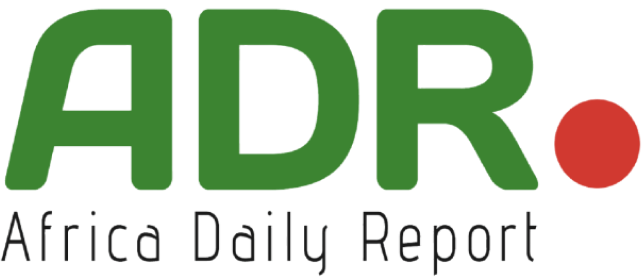Three-Year Sentence Proposed for Opposition Leader
On November 20, a prosecutor in Kinshasa’s Peace Tribunal, located within Makala Prison, called for a three-year prison sentence for opposition leader Seth Kikuni. The charges—“incitement to civil disobedience” and “spreading false rumors”—stemmed from his statements criticizing the government’s management during a public meeting in Lubumbashi on August 27. The National Intelligence Agency (ANR) chief, Justin Inzun Kakiak, described Kikuni’s remarks as a direct threat to national stability, advocating for a severe punishment.
Key Context: Kikuni’s Arrest and Trial
Seth Kikuni, a former presidential candidate in 2018 and 2023, was arrested on September 2 by ANR agents following his speech to Katangan youth. “The Congo is failing because of Katanga’s negligence,” he declared, urging them to take a stand against what he called the country’s mismanagement. After his arrest, Kikuni was detained in an undisclosed location for 11 days, transferred to the General Prosecutor’s Office, and later moved to Makala Prison on September 28.
Kikuni has denied the charges, claiming the government aims to stifle opposition voices. “A conviction in this case would condemn free speech, democracy, and the opposition itself,” he told the court on November 20.
The Opposition Unites Against Alleged Government Repression
Kikuni’s trial coincides with heightened political tension in the Democratic Republic of Congo (DRC). On the same day, a coalition of opposition leaders, including Moïse Katumbi, Joseph Kabila, and Martin Fayulu, launched the “Forces Against Dictatorship and Constitutional Change.” Their unified message opposes any constitutional amendments that could extend President Félix Tshisekedi’s term or consolidate his power.
The opposition also highlighted Kikuni’s trial as evidence of increasing government repression. They cited recent detentions of other political figures, such as Mike Mukebayi and Jean-Marc Kabund, to argue that dissent is being systematically silenced.
Implications for Free Speech and Democracy in the DRC
The outcome of Kikuni’s trial could set a precedent for how opposition voices are treated in the DRC. A conviction may further polarize the political landscape, stoke unrest among supporters, and raise concerns about the country’s commitment to democratic principles. Conversely, an acquittal could bolster confidence in the judiciary’s independence and provide a much-needed boost for opposition groups preparing for the next election cycle.
As tensions rise, the DRC’s political future hangs in the balance, with Kikuni’s case serving as both a symbol and a litmus test for the state of democracy in the country.
© O Bulamba / Africa Daily Report




